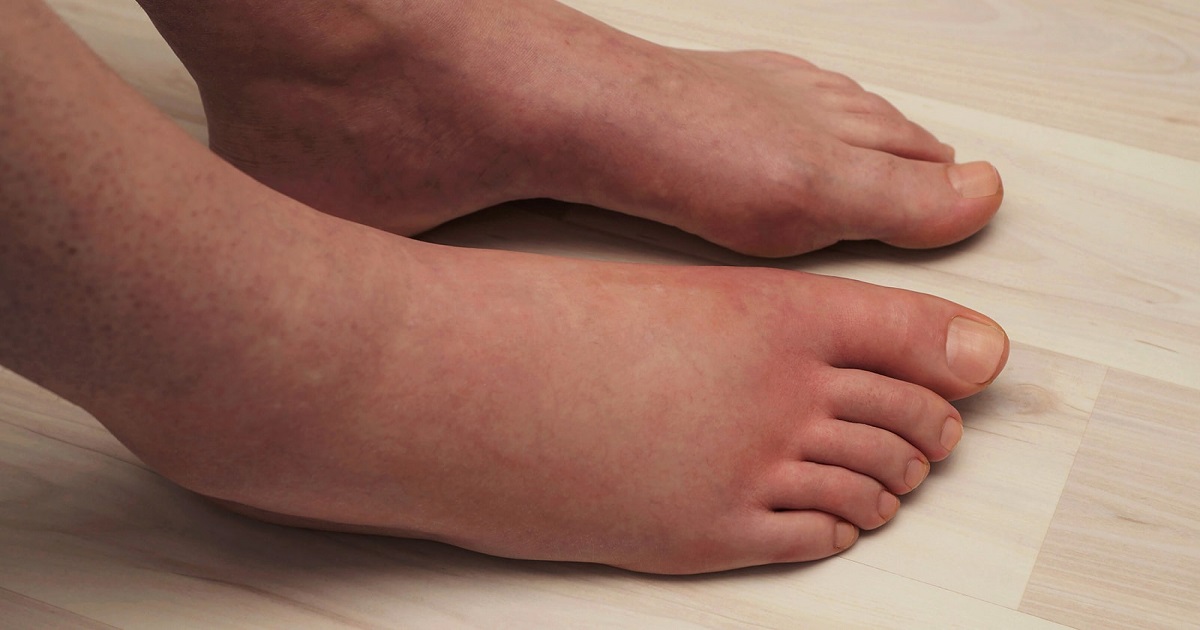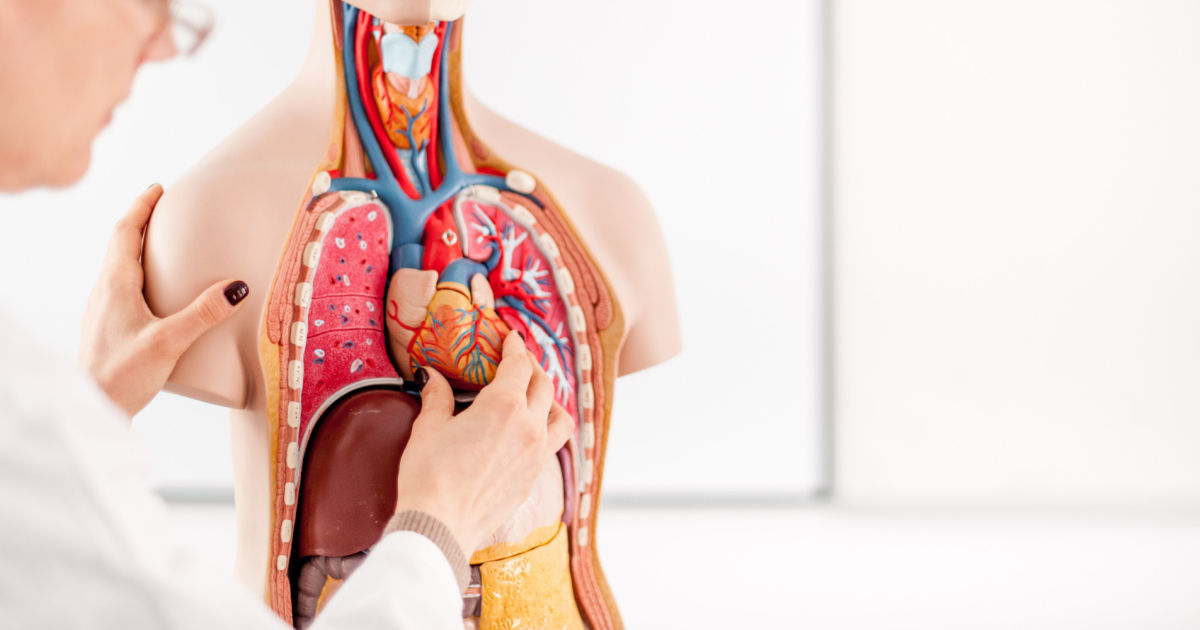Symptoms Of Acromegaly
Acromegaly is a rare medical condition in which the body's pituitary gland produces an excessive amount of growth hormone. Typically, this condition is caused by benign tumors on the pituitary gland itself. The majority of patients with acromegaly are middle-aged. Symptoms appear slowly, often over the course of several years, and the disorder is often diagnosed late. Doctors perform a blood test to check if a patient's level of growth hormone is too high for their age when testing for the condition. Patients may also have a glucose tolerance test and a brain scan to check for tumors on the pituitary gland. Patients with acromegaly often experience the symptoms outlined below.
Severe Snoring

Acromegaly often leads to bone and cartilage overgrowth and can affect the jaw and teeth, obstructing the airway and causing patients to develop severe snoring. Severe snoring can often be a symptom of sleep apnea. This condition occurs when patients stop breathing for a few moments many times during the night. If patients with acromegaly snore severely, they should ee a sleep specialist to undergo a sleep study. During the study, they will sleep overnight at a medical facility while their heart rate, respiration, and other vital signs are continuously monitored. If patients are found to have sleep apnea or another related issue, they may be offered medication and a CPAP machine to help ensure they get sufficient oxygen overnight. Occasionally, snoring caused by an overgrowth of cartilage can be treated with surgical removal of the excess cartilage. An ear, nose, and throat specialist can evaluate patients with potential cartilage issues and provide treatment recommendations.
Learn more about the symptoms of acromegaly now.
Enlarged Parts Of The Body

Patients with acromegaly experience enlarged body parts, most commonly the hands and feet. For example, patients may notice they need wider shoes and their finger width increases to the point they need a larger size ring. In addition, the lips, nose, and tongue may enlarge, and the teeth typically become widely spaced. These changes may cause patients to speak with a deeper voice or have a hoarse voice due to enlargement of the vocal cords. The jaw and neck may start to protrude, and the sinuses may enlarge. As cartilage grows inside the body, it may cause nerves to become entrapped, leading to issues such as carpal tunnel syndrome, tingling, and numbness in the hands or feet. A neurologist or hand specialist can diagnose carpal tunnel syndrome. In severe cases, surgery may provide relief from pain.
Keep reading for more details on the signs of acromegaly.
Skin Tissue Growths

Skin tissue growths in patients with acromegaly commonly present as skin tags. These benign growths occur due to friction on the skin and can be easily removed by a dermatologist. Common locations for skin tags include the neck, armpits, chest, and groin. In addition to skin tags, acromegaly patients may notice their skin becomes thicker, rougher, and more oily. These symptoms can be managed with specially medicated creams, and a dermatologist can recommend the ones that will be most beneficial for the specific patient.
Patients with acromegaly may notice they sweat more than usual and their skin takes on an unusual odor. Excessive sweating can be eased with prescription-strength deodorants, Botox injections, and surgical procedures. Patients concerned about any aspect of their skin should see a dermatologist for individual evaluation and treatment recommendations. Abnormal tissue growth may occur inside the body as well. For example, female patients may experience uterine fibroids, which are benign tumors that grow in the lining of the uterus and can cause problems with the menstrual cycle. Polyps may also form on the lining of the colon.
Reveal the next symptom of acromegaly now.
Enlarged Organs

Body parts like the hands and feet are not the only things that might enlarge when someone is suffering from acromegaly. A number of different organs may enlarge with acromegaly, including the heart, spleen, liver, thyroid, and kidneys. An enlarged heart is a form of cardiovascular disease and can lead to complications such as hypertension. Patients with these conditions will need to be under the care of a cardiologist, and they will likely have their blood pressure and cardiac health monitored frequently. Treatment with medications such as beta blockers and calcium channel blockers can help to reduce blood pressure. An enlarged spleen is vulnerable to rupture, and this can be a medical emergency requiring emergency surgery. To prevent this, patients who have an enlarged spleen may be advised to avoid contact sports or activities where they could receive a potential blow to the upper body. An enlarged thyroid can typically be managed with medication.
Get the details on more symptoms of acromegaly now.
Joint Mobility Issues And Pain

Joint mobility issues and pain often occur in patients with acromegaly. As the disease progresses, some patients may develop osteoarthritis, and the spinal cord may compress. Individuals who suspect they may have osteoarthritis should see a specialist promptly. The earlier the disease is treated, the easier it is to manage.
Patients may need to use pain relievers to manage osteoarthritis. Some patients may be able to reduce their pain and become more mobile with physical therapy sessions. To help with pain relief, patients could consider using alternative medicine techniques such as acupuncture and undertaking gentle exercises such as restorative yoga or tai chi. Exercise programs done in swimming pools can enable patients to improve their range of motion in a low-impact manner without stressing their joints. Hot compresses or ice packs may also help relieve pain, and these can be applied for between twenty to thirty minutes several times a day. Patients can experiment with both ice and heat to see which is more effective for them.